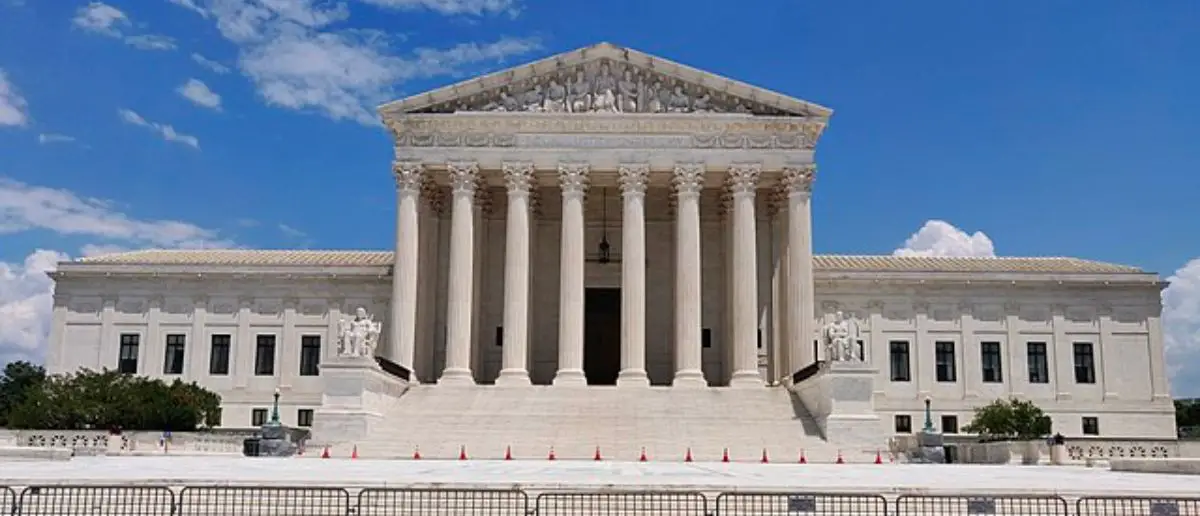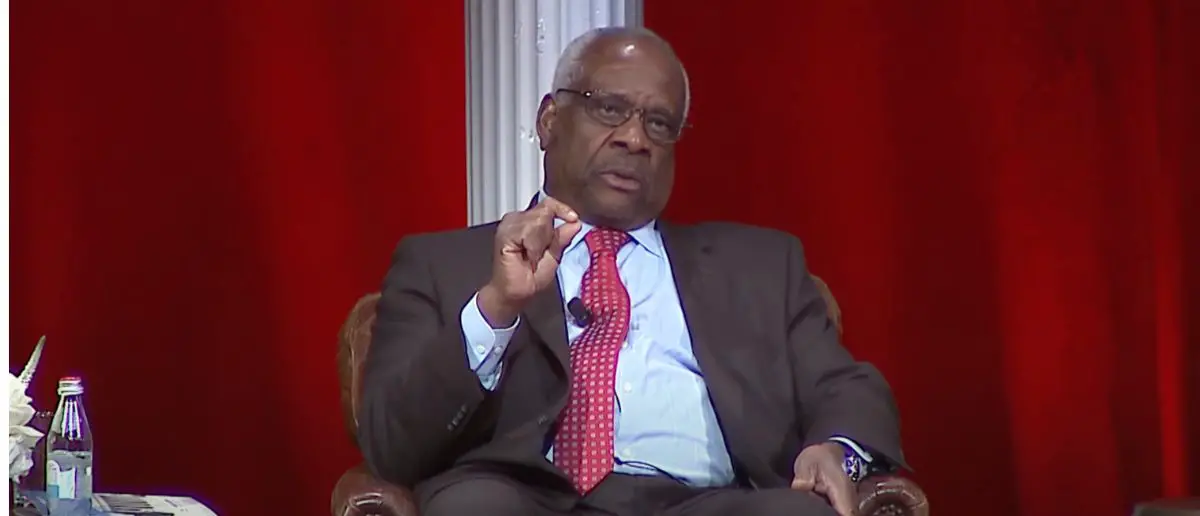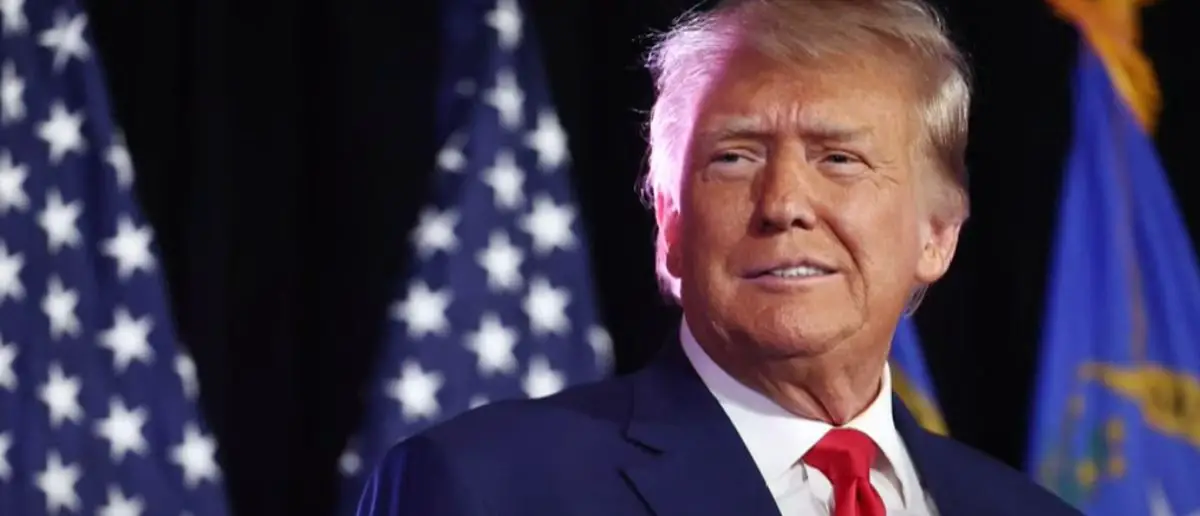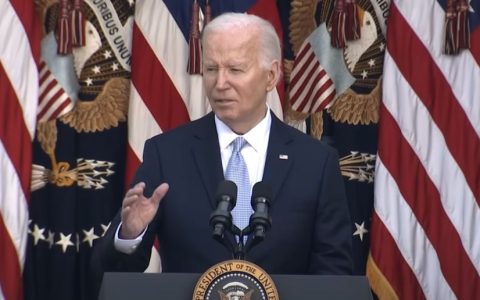
Back in the Summer of 2022, the Supreme Court’s decision reversing Roe v. Wade was leaked to the public. It was the greatest attack on the Court in decades.
And the Supreme Court will never be the same after the results of this bombshell investigation.
In the lead up the Dobbs v. Jackson decision that reversed the Court’s 1973 decision restricting states from regulating abortion, tension was building.
Attacks on churches and pro-life centers skyrocketed as reported by CatholicVote.
And in a display of utter disregard for the institution, someone at the Supreme Court released the Dobbs decision to the media.
Not only did this cause an uproar among activists, everyday Americans were furious at the mole inside the Court.
But after half a year of investigating, it looks like we’re nowhere closer to discovering the identity of the leaker.
Politico published a draft ruling in Dobbs v. Jackson Women’s Health Organization, the landmark abortion case that will finally overturn Roe v. Wade, on May 2, 2022. The unprecedented revelation sparked months of protests around the country and at the justices’ homes.
The disclosure, according to Chief Justice John Roberts, was a “egregious breach of trust.” The day after the breach, Roberts asked the Court Marshal to look into the incident and discover the source who released the material to Politico.
According to the court, investigators interrogated more than 120 employees, all of whom denied disclosing the opinion.
Over the summer, sources told Fox News that the initial focus was on three dozen law clerks who work directly with the justices. Those clerks were ordered to hand over their cellphones.
The investigating team has been “unable to identify a person responsible by a preponderance of the evidence.” according to the Marshal’s report.
“The investigation has determined that it is unlikely that the Court’s information technology (IT) systems were improperly accessed by a person outside the Court,” the report says. “After examining the Court’s computer devices, networks, printers, and available call and text logs, investigators have found no forensic evidence who disclosed the draft opinion.”
Because of the coronavirus epidemic, the Court’s internal IT infrastructure was more exposed, with more staff working from home, according to the report.
“The pandemic and resulting expansion of the ability to work from home, as well as gaps in the Court’s security policies, created an environment where it was too easy to remove sensitive information from the building and the Court’s IT networks, increasing the risk of both deliberate and accidental disclosures of Court-sensitive information,” according to the report.
The Law Clerk Code of Conduct clearly forbids clerks from discussing Court business. The “temptation to discuss interesting pending or decided cases among friends, spouses, or other family members … must be scrupulously resisted.” it says.
However, according to the Marshall’s report, a few of people contacted during the investigation admitted to telling their spouse or partner about the draft Dobbs opinion, in breach of the Court’s confidentially requirements. The report goes on to say that some personnel handled the Dobbs draft “in ways that deviated from their standard process for handling draft opinions.”
Investigators are still “review and process some electronic data that has been collected and a few other inquiries remain pending,” according to the report.
“The Court investigators will continue following up on leads if more information is learned,” said Michael Chertoff, former DHS secretary and former federal appeals judge hired by Roberts as a consultant on the court’s internal investigative processes. “In the meanwhile, the Court has already taken steps to strengthen security and tighten procedures regarding the handling of important data.
“Most significantly, the Chief Justice has also directed a comprehensive review of the Court’s information and document security protocols to mitigate the risk of future incidents.”
Stay tuned to DC Daily Journal.





